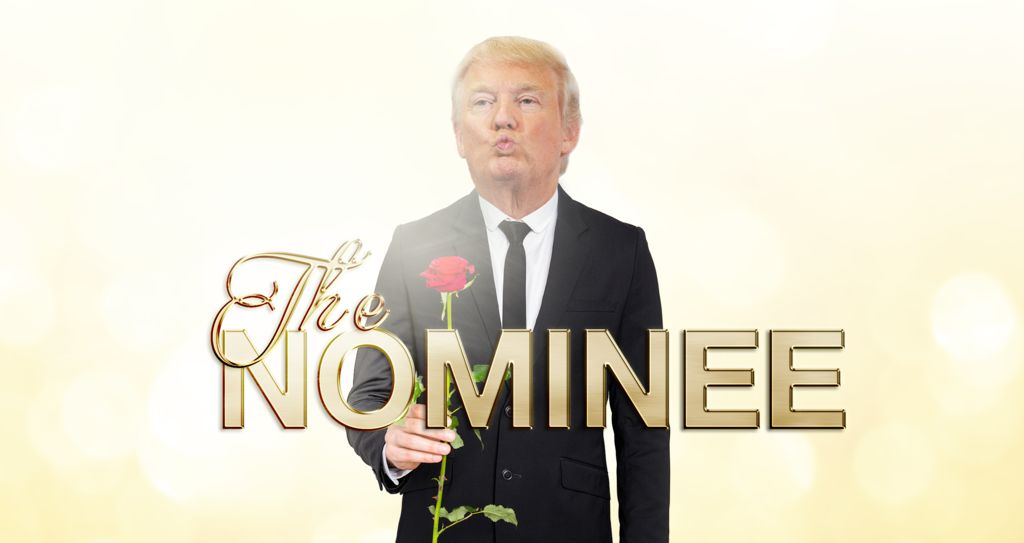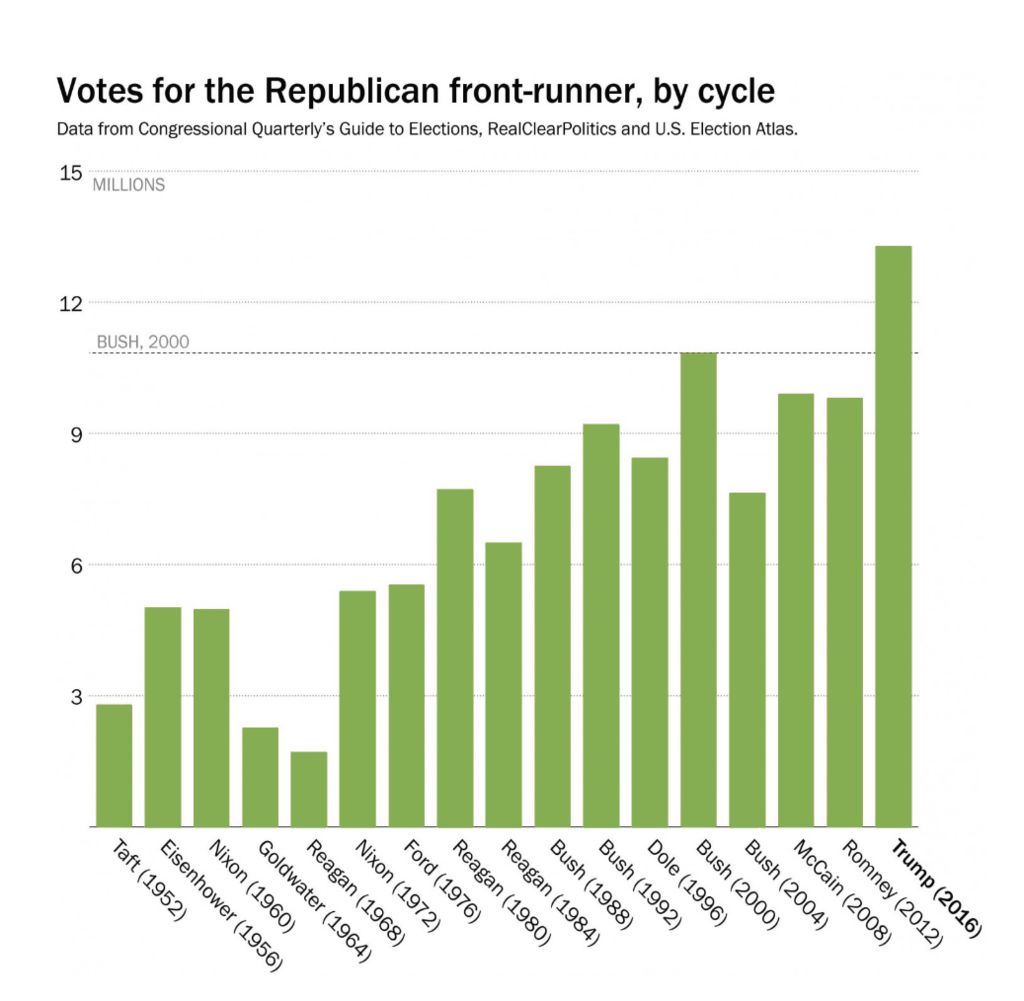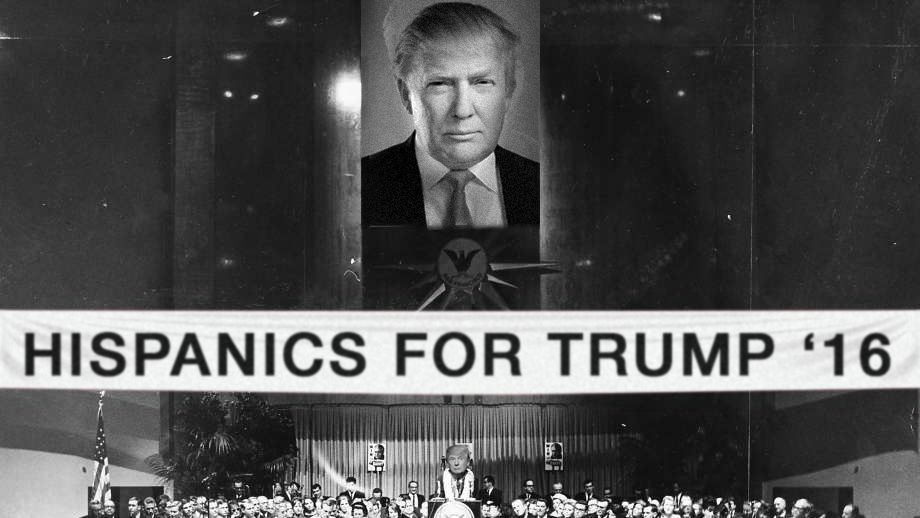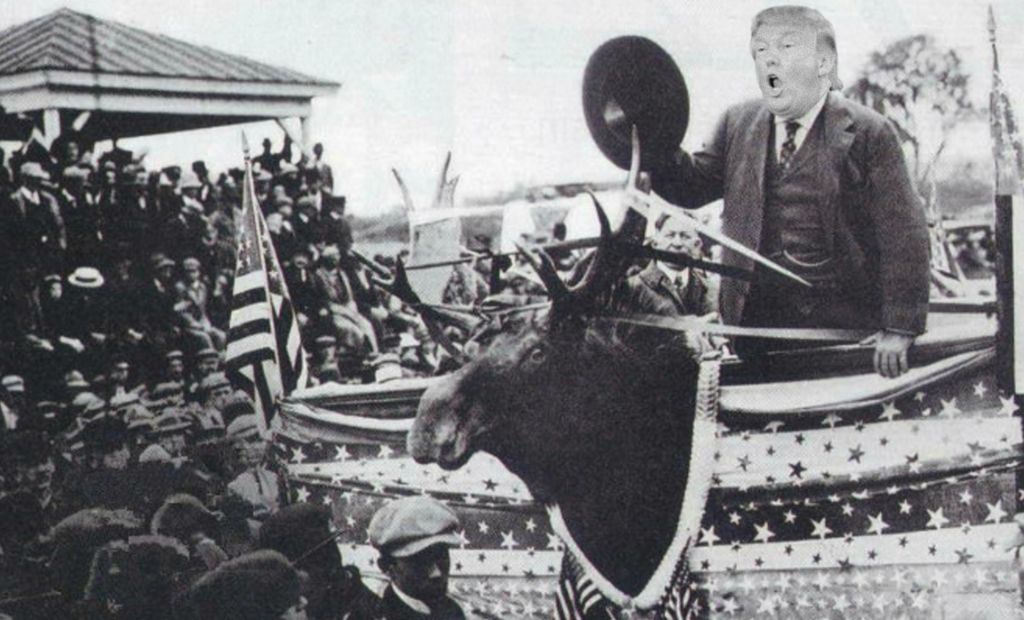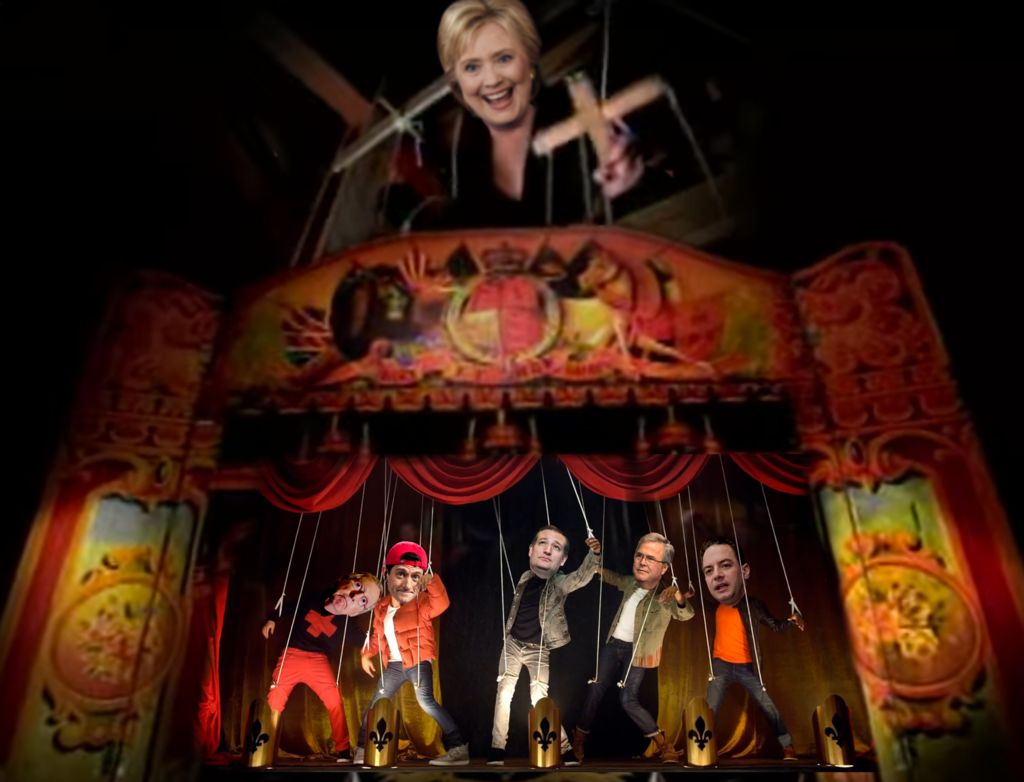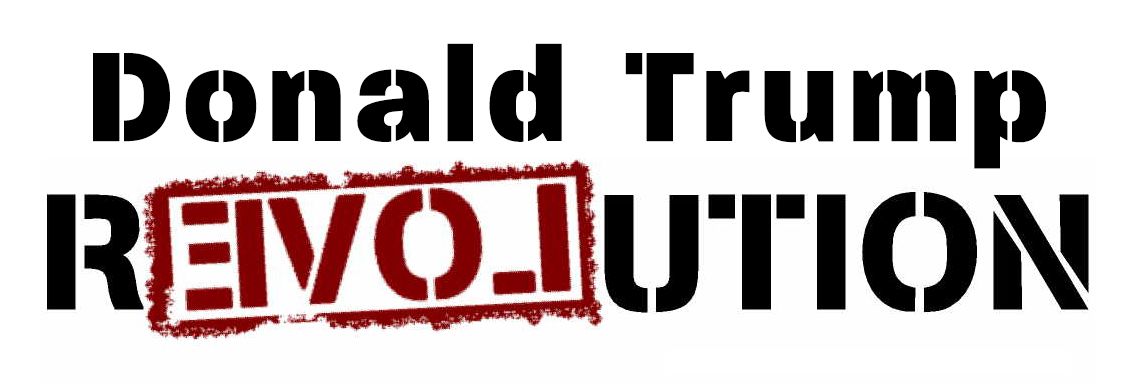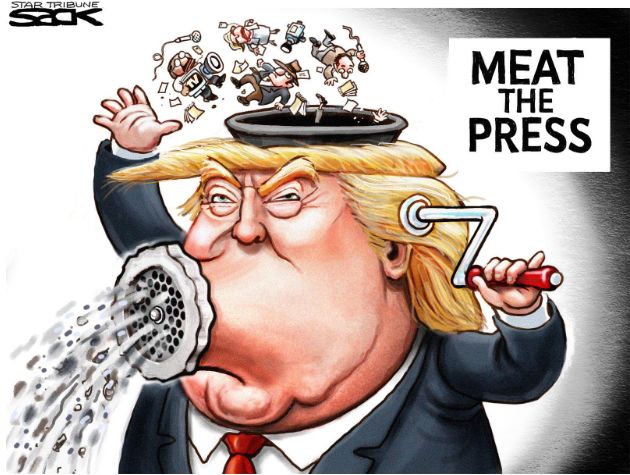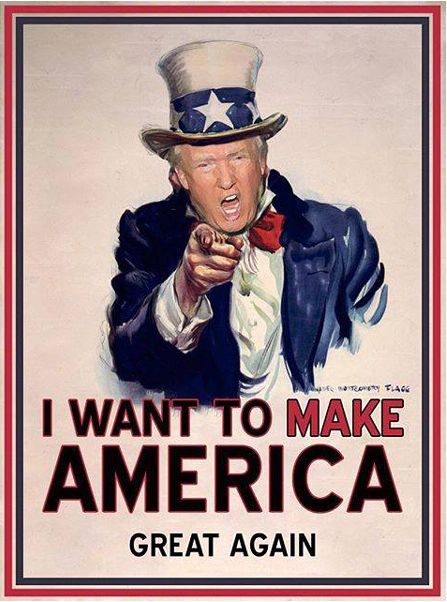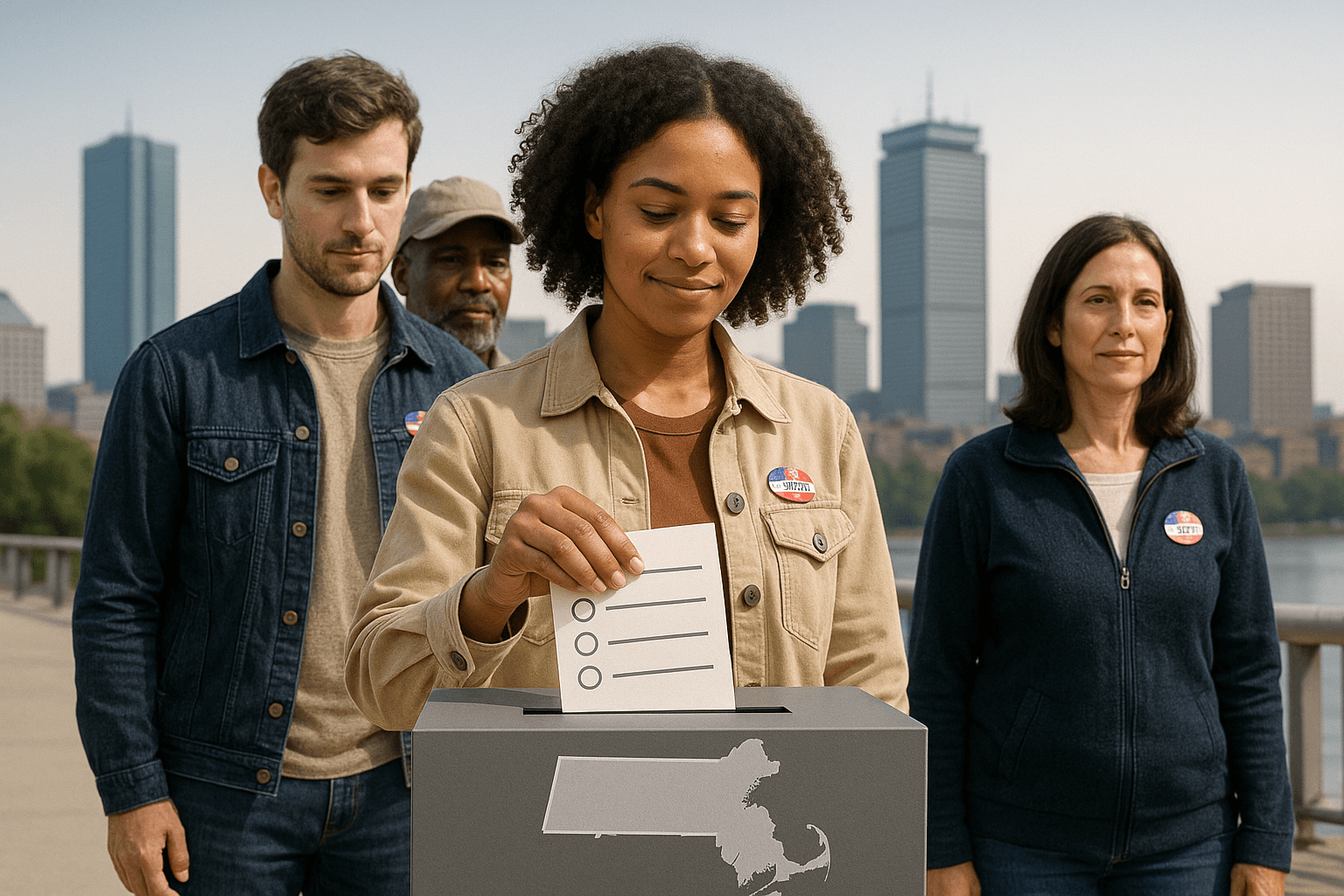Trumping Delegates: The 2016 GOP Convention Battle

The flirtation with and conversations of a contested GOP convention in Cleveland continue to surface. Although not a done deal, it’s intriguing to watch and see whether this summer fling is a media created catfish or should actually be taken seriously. Presumptive GOP nominee Donald Trump can’t dismiss rumors that the Republican cabal want a convention filled with multiple chances for love. And while one rose is all that’s available, the chorus of calls for multiple convention votes just won’t go away. While some maintain the “contested” rumblings have no real leadership and no serious dollars attached, Trump's campaign shakeups and fundraising woes are adding credence to this possibility.
In politics, words are weapons, and in the 2016 presidential year, we’ve never witnessed a campaign and candidate use the kind of rhetoric that the presumptive GOP nominee has on the campaign trail. Trump’s rhetoric is, quite frankly, the only reason talk of a contested convention is still alive.
Perhaps the most perplexing point for GOP leaders who want a contested convention, is that Trump registered more votes in the primaries than any Republican in history, breaking the record set by G.W. Bush in 2000. His popularity also pushed the GOP over the DEMS nationally by two million votes, 28 to 26 respectively.
Goldwater 2.0?
The themes of 2016 aren’t new to politics. In fact, what happened at the 1964 Republican National Convention in San Francisco mirrors today’s rough and tumble rhetoric.
Barry Goldwater led the conservative wing of the party. His right-wing rage toward the media was a hallmark of his candidacy and on display at the convention. The more moderate GOP candidate, Nelson Rockefeller, then governor of New York, said, “the leader of the conservative wing has grabbed the power using fear, hate and terror.”
The big difference between Goldwater and Trump is Trump has so weaved the “hatred for the media” strategy into his everyday quilt, it’s highly unlikely the public or media will be squeamish or surprised come convention time.
So what historical precedents do we have to determine if (a) the contested convention will happen and (b) if it will damage the GOP’s chances of securing the White House come November. Let’s let history be our guide.
Times The Convention Changed History
The Republican and Democratic National Conventions exist for the very purpose of leading the party and choosing a candidate that reflects the views of the party itself and has the best chance of winning come November. On multiple occasions, presumptive nominees have lost the nomination and their replacement went on to sit in the Oval Office.
Perhaps the most notable example of this was the election of 1860. William H. Seward was the Republican front-runner prior to the convention. Seward and his campaign staff were confident in his ability to secure the nomination at the RNC in Chicago, especially with his substantial delegate lead. Surprisingly, Seward lost the nomination to Abraham Lincoln, who gathered enough support at the convention to become the nominee and eventually the President of the United States.
The election of 1920 tells a similar story. Senator Warren Harding won the nomination with just 6.7% of the vote going into the convention even though his opponents, General Leonard Wood and Governor Frank Lowden, carried 29% and 21% of the vote, respectively. Harding won the general election with more than 60% of the vote.
The elections of 1876, 1880, and 1952 all have a similar narrative, making a surprise nominee both a real possibility and a potential threat to their party in the general election; indeed, a disagreement within the party can lead to a split convention vote and be the catalyst for an opposing party’s victory.
In 1912, William Howard Taft secured the Republican nomination over former President Theodore Roosevelt, the presumptive choice. But the Republican Party felt Roosevelt was too extreme to win the general election, leading Roosevelt to create the Progressive Party, otherwise known as the Bull Moose Party. That move caused a split vote, and neither Taft nor Roosevelt won the White House that year. The split party support led to a win for President Woodrow Wilson.
The election of 1924 was a tight race between William Gibbs McAdoo and Al Smith. Neither was chosen as the nominee. Instead, John Davis was chosen as a compromise. The lukewarm party support for Davis led to apathetic support in the General election and the eventual election of the 30th President of the United States, Calvin Coolidge.
The Delegate Revolt?
, an RNC delegate said a revolt was "reaching boiling point.” According to Tim Miller of the Our Principles Anti-Trump PAC, an "unqualified candidate calls for an unprecedented response."A growing group of GOP delegates set to attend the Republican National Convention have vowed to support a candidate other than Donald Trump. In a June 21 Washington Post article
Former Treasury Secretary Henry Paulson -- who served under George W. Bush -- declared that he would be voting for Hillary Clinton, noting that "a Trump presidency is unthinkable." Paulson added, "To my Republican friends: I know I'm not alone."
Delegates count themselves in the hundreds as part of this movement, which seeks to commit RNC delegates to vote mindfully -- and against Trump, whom they say isn’t NSYNC with GOP values.
The anti-Trump camp has garnered the attention of influential Republican lawmakers as well. Senator Gordon Humphrey (R-NH) has endorsed the revolt, and Governor Scott Walker encouraged the nearly 2,500 Republican delegates to vote their conscience, telling the Associated Press, "Delegates are and should be able to vote the way they see fit." Even Paul Ryan, current Speaker of the House, admitted that he reluctantly endorsed Trump for a wider party purpose, and encouraged voters to make up their own minds when it comes to deciding who to vote for.
Rule Changes?
Republican state committee rules bind delegates to vote as they have been elected to; otherwise, they risk becoming "faithless delegates" and lose their voting power. However, the national rules committee is considering reform, allowing delegates to perform a "vote of conscience" if they choose to rebel.
Any rule changes would be considered the week before the July 18-21 convention in Cleveland, when the 112-person rules committee adopt any new policies for the 2016 event.
Some supporters hold that the current rules of the RNC allow delegates to vote as they wish, not in line with state and local primaries. In fact, they assert that delegates have always had the freedom to vote conscientiously. Some organizations, like Free the GOP, call for explicit RNC rules that would nullify state-level restrictions for delegates, in the hopes of weakening Trump’s support.
Regardless, math is still against any revolt. Nomination requires a simple majority: 1,236 of the 2,472 delegates. That's a lot more than the estimated four hundred delegates currently committed to revolting. Trump stands at 1,542 delegates, which is a more-than-comfortable lead over the runner-up, Cruz, with 559. Kasich holds a mere 161 delegates.
The Ron Paul Rule
Trump is so popular that he could take advantage of a rule designed to protect the party establishment’s candidate. Rule 40(b) or the “Ron Paul Rule” changed the qualifications for the convention ballot, in 2012.
Candidates had to receive a super-majority of delegates, or a majority in at least eight states to be put on the nominating ballot. Previously, candidates needed a majority of delegates from five states, but the rule change allowed the GOP convention to effectively block him. Paul said about the rule change, "they did not want my name to come up and so they changed the rules because we had the votes.”
What does this mean for Trump?
While he has overwhelming popular support, the convention still has the ability to change the rules on him. The Republican presumptive nominee has been raging against the machine, saying “it's a rigged, disgusting, dirty system," and that it’s stacked against him, which makes the irony of the situation stand out more.
Speaker of the House Paul Ryan said on the rule, "I think it's a bit of an irony and they deserve the problem. They're terrified of competition, and now the establishment has competition that really looks strong and there's a lot of people behind Trump. So this is a big problem for them."
The moral of the story is that if the Ron Paul Rule is not reversed or the GOP creates a new “Donald Trump” rule, Trump is nearly guaranteed the Republican nomination. Although GOP officials maintain they can change the convention rules immediately prior to the convention.
A Media Creation?
Is this an actual “movement” or just a media creation trying to derail Trump’s candidacy?
RNC spokesman Sean Spicer has labeled the revolt a "media creation and a series of tweets.” In a June 18 rally in Las Vegas, Trump himself referred to the movement when he said, "Believe me... It's all made up by the press. OK? It's all made up. It's, it's, it's a hoax, I'm telling you."
Kendal Unruh, a Colorado delegate and revolt advocate, told CNN June 17 that the movement is a “coalescing of disparate ‘pockets of resistance’” left over from now-defunct Republican campaigns. To CNN, Spicer characterized it as nothing more than “‘a bunch of random people tweeting about it, full stop.’” Republican National Committeeman Bruce Ash told the Washington Examiner that he considers sympathetic party leaders nothing more than a “handful” in number.
Indeed, Trump’s victories and subsequent momentum serve to publicly discredit those rallying against him. What’s more, the success of the anti-establishment Brexit, which Trump heralded as the UK “taking their country back,” caught many Democratic leaders - including Hillary Clinton - off-guard, and will only serve to bolster his credibility and buttress his support.
Despite these assertions, a variety of organizations have appeared to support and continue to try and legitimize the anti-Trump delegate movement. Free the Delegates 2016, one of many grassroots organizations committed to stopping Trump by loosening delegate voting restrictions, characterizes its members as "small government conservatives"- a demographic courted extensively by Ted Cruz, Marco Rubio, and Rand Paul long before Trump emerged as the presumptive nominee. And the Our Principles PAC has spent over a million dollars on advertisements, mailings, and the TrumpQuestions.com website, all to sway delegates from voting for Trump.
Election of 2016
While Donald Trump has zero ballot opponents and presumptive Democratic candidate Hillary Clinton has a seemingly insurmountable delegate lead, victory is not a sealed deal, yet.
Trump, viewed by most as a walking controversy, a moniker he has no doubt cultivated, should proceed with caution.
The GOP presumptive nominee still has work to do in rallying support of the Republican Party and has faced criticism from leading members in his party, which has sparked this delegate discussion.
History is not exactly helping Mr. Trump as he prepares for the convention, but it might not be settling the nerves of Secretary Clinton either. Perhaps the Republicans will conclude the convention with an unconventional candidate that could surpass Clinton in November.
There’s no telling what will happen at the conventions, but history serves as a healthy reminder that candidates wanting that single rose may want to consider waiting before rehearsing their victory speeches and consummating the marriage.
Photo Credit: Andrew Cline / Shutterstock.com
